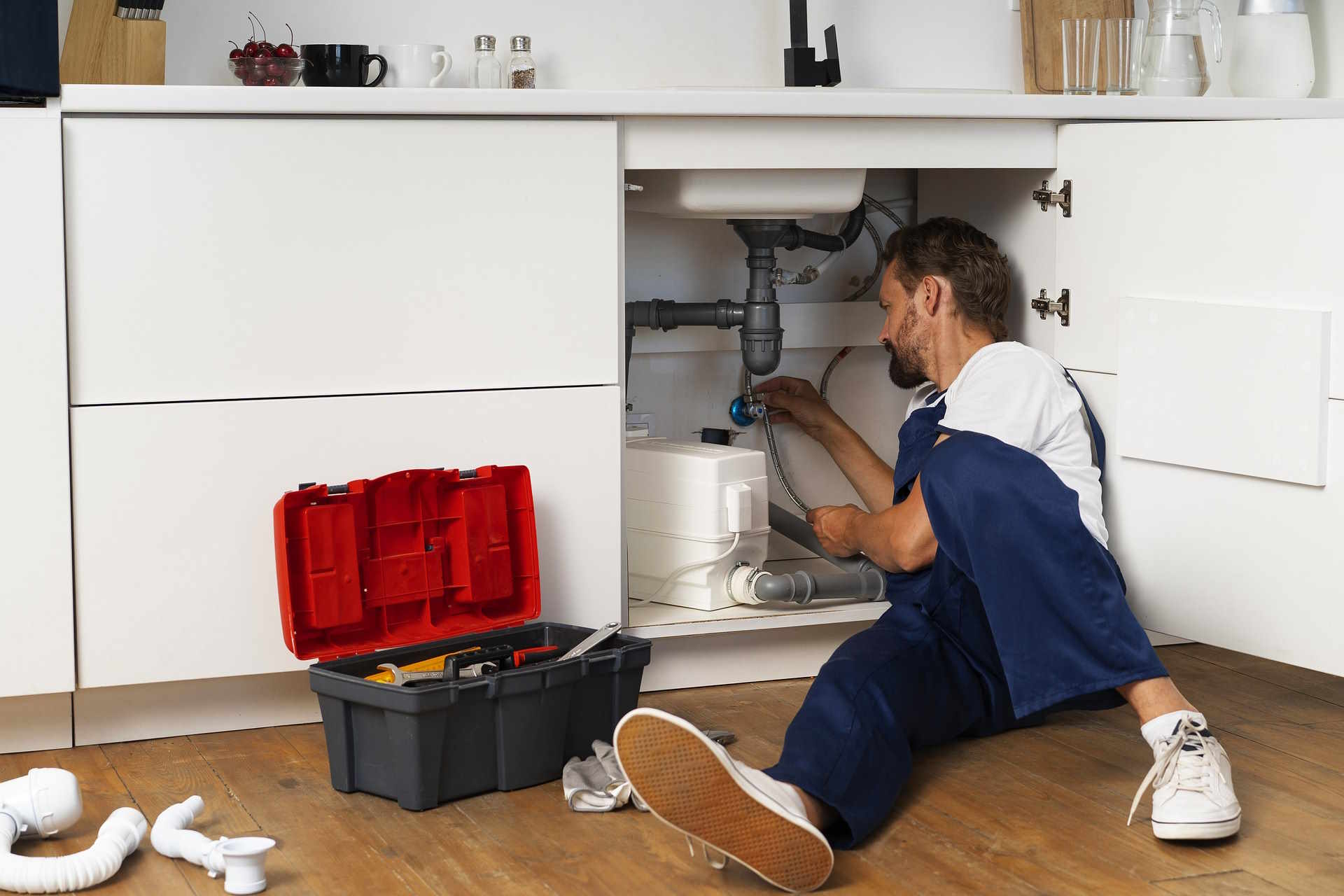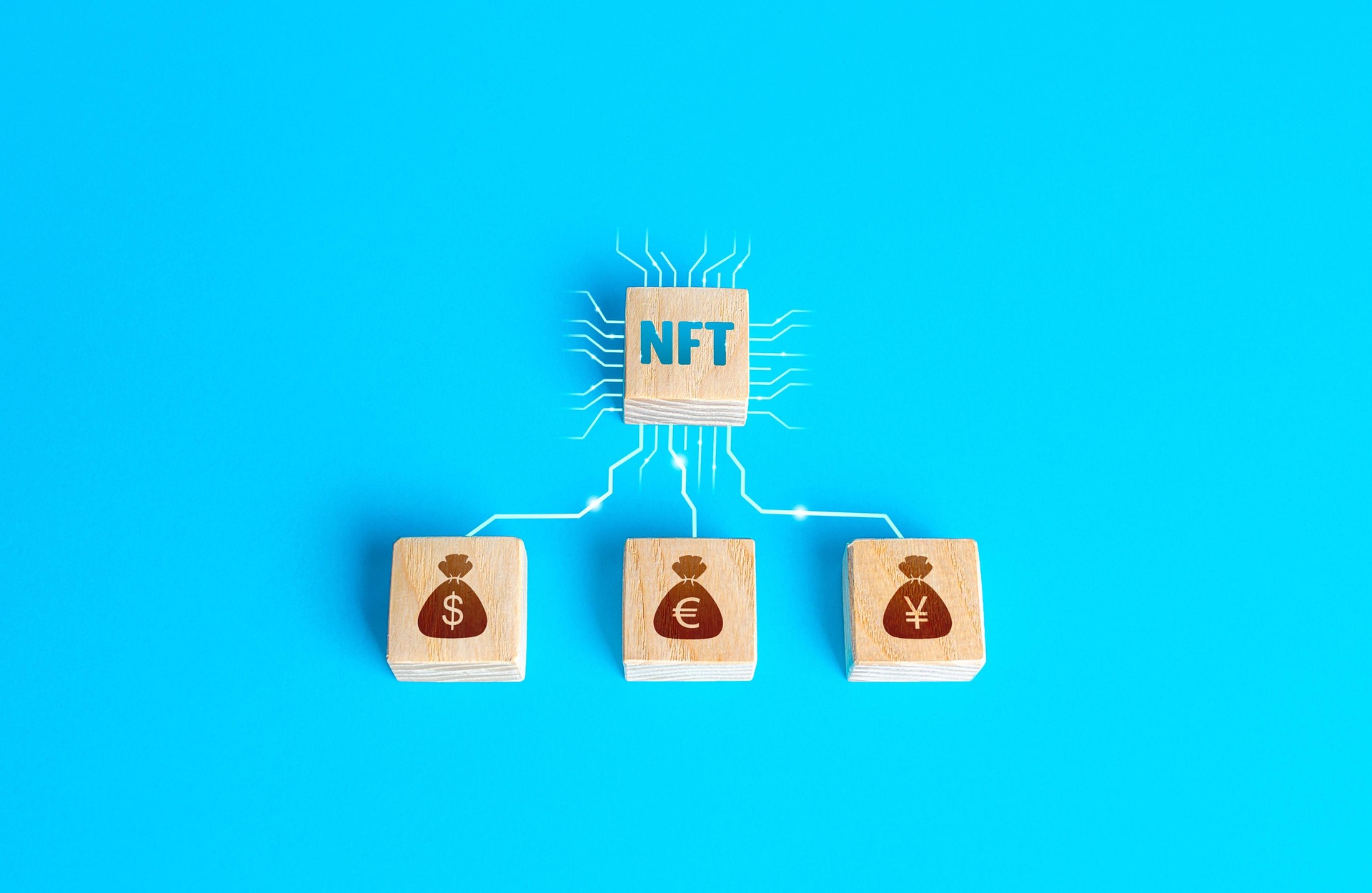Plumbing Made Simple: From Beginner to Pro
Plumbing skills remain in high demand across the United States, offering stable career opportunities for those willing to learn the trade. The journey from novice to professional plumber involves structured education, hands-on experience, and dedication to mastering technical skills. Whether you're considering a career change or looking to develop practical home maintenance abilities, plumbing training provides a clear pathway to acquiring valuable expertise that remains essential in both residential and commercial settings.

What Does Professional Plumbing Training Involve?
Professional plumbing training encompasses a comprehensive curriculum designed to equip students with both theoretical knowledge and practical skills. Most plumber courses cover fundamental topics including pipe systems, fixture installation, water distribution, drainage principles, and building codes. The training typically progresses from basic concepts to specialized applications such as commercial plumbing, gas fitting, and advanced troubleshooting techniques. Students learn to read blueprints, understand plumbing schematics, and gain familiarity with various materials including copper, PVC, and PEX piping. Proper plumbing education also emphasizes safety protocols, tools usage, and mathematical calculations necessary for accurate measurements and proper installations.
How Long Does It Take to Complete a Plumber Course?
The duration of plumbing training varies significantly based on the program type and career goals. Traditional apprenticeship programs, which combine classroom instruction with paid on-the-job training, typically last 4-5 years. These comprehensive programs require approximately 2,000 hours of practical work experience annually, supplemented by 144-246 classroom hours each year. Technical schools and community colleges offer certificate programs ranging from 6-24 months, focusing on essential skills and theory. For those seeking flexibility, online plumbing training courses provide self-paced options that can be completed in as little as a few months, though these typically focus on theoretical knowledge rather than hands-on experience. Most states require a minimum training period before plumbers can qualify for licensing examinations.
What Are the Benefits of Online Plumbing Training?
Online plumbing training has emerged as a flexible alternative to traditional in-person instruction. These digital programs offer several advantages, particularly for individuals balancing existing work commitments or family responsibilities. Students can access course materials at convenient times, eliminating the need for rigid scheduling or commuting to physical locations. Many online programs feature interactive simulations, video demonstrations, and virtual troubleshooting exercises that bring plumbing concepts to life. While online courses excel at teaching theory, code requirements, and business principles, they typically require supplementation with hands-on experience through workshops, apprenticeships, or practical training components. The best online plumbing education platforms offer instructor support, peer discussion forums, and opportunities to connect with industry professionals.
What Credentials Can You Earn Through Plumbing Education?
Plumbing education leads to various credentials depending on your career path and location. Most states require plumbers to obtain licenses, which typically involve completing approved training programs and passing examinations covering trade knowledge and local code requirements. Common credentials include apprentice licenses, journeyman certifications, and master plumber licenses—each representing progressive levels of expertise and responsibility. Specialty certifications are available in areas such as medical gas systems, backflow prevention, and green plumbing technologies. Professional organizations like the Plumbing-Heating-Cooling Contractors Association (PHCC) offer additional certifications that enhance credibility and career advancement opportunities. Educational institutions may provide certificates of completion, diplomas, or even associate degrees in plumbing technology, depending on the program’s scope and duration.
How Much Does Plumbing Training Cost?
The cost of becoming a qualified plumber varies significantly based on the training path chosen. Apprenticeship programs through unions or contractor associations typically range from $500-$2,000 for registration and books, with the significant benefit of earning wages while learning. Technical college programs and vocational schools charge approximately $3,000-$10,000 for certificate programs and $6,000-$25,000 for associate degree programs, depending on location and program length. Online plumbing courses generally cost between $800-$5,000 for comprehensive programs, while shorter specialized courses may range from $200-$1,000.
| Training Type | Average Cost | Duration | Notable Features |
|---|---|---|---|
| Union Apprenticeship | $500-$2,000 | 4-5 years | Earn while learning; structured on-the-job training |
| Technical College Certificate | $3,000-$10,000 | 6-24 months | Focused curriculum; potential financial aid |
| Associate Degree | $6,000-$25,000 | 2 years | Broader education; better advancement opportunities |
| Online Basic Course | $800-$1,500 | 3-6 months | Self-paced; focused on theory and codes |
| Comprehensive Online Program | $2,000-$5,000 | 6-12 months | Interactive content; limited practical experience |
Prices, rates, or cost estimates mentioned in this article are based on the latest available information but may change over time. Independent research is advised before making financial decisions.
What Career Opportunities Exist After Completing Plumbing Training?
Completing plumbing training opens doors to diverse career paths within the construction and maintenance industries. Many graduates begin as apprentices or junior plumbers with established companies, gaining supervised experience before advancing to journeyman status. Experienced plumbers often specialize in residential service, commercial installations, industrial systems, or specific areas like gas fitting or water treatment. Some professionals transition into roles as project managers, estimators, or inspectors, leveraging their technical knowledge in administrative capacities. Entrepreneurial plumbers may establish independent contracting businesses, creating opportunities for greater earning potential and schedule flexibility. The plumbing profession intersects increasingly with emerging fields such as sustainable building practices, water conservation technologies, and smart home systems, creating specialized niches for trained professionals who continue their education throughout their careers.
Plumbing education represents an investment in practical skills that remain consistently in demand across economic cycles. Whether pursuing formal apprenticeships, technical college programs, or supplementing with online learning, the journey from beginner to professional plumber follows a structured progression that rewards persistence and attention to detail. As building technologies evolve and environmental considerations gain prominence, well-trained plumbers will continue to play an essential role in maintaining infrastructure and improving resource efficiency in communities nationwide.




